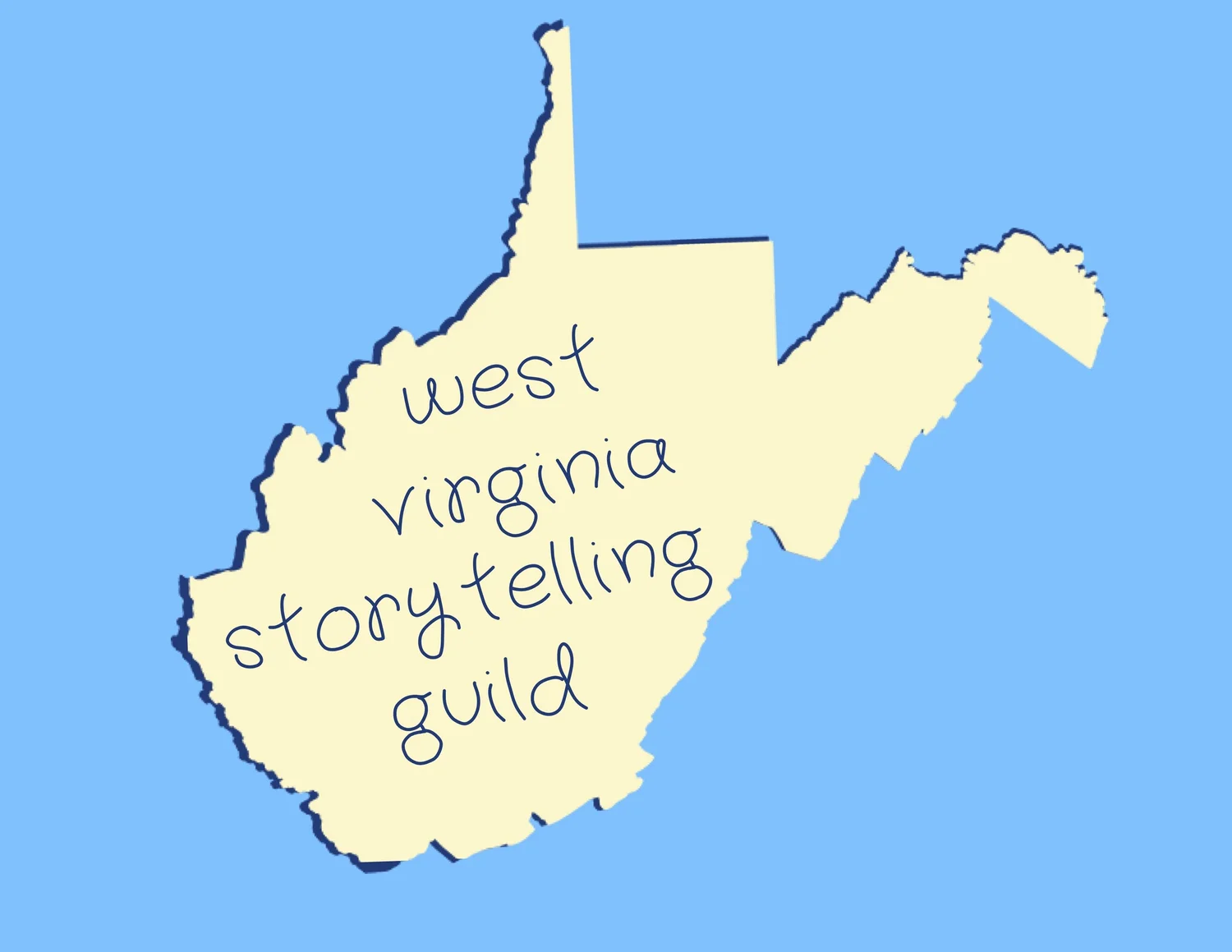It was thought provoking, walking down those old stone steps, pushing back the brush, finding a path to the past. I asked “Where will these lead me? What’s the story here?”. There must have been a hundred of them, a century old I was sure. ‘One per year’, I thought as I counted them. Descending. Walking. Back. Down. Into the past.
Most of the men who chose this path would have been immigrants, my grandfather’s age. My grandfather; a machinist, whose job in the teens and 20’s was to build the machines that drove the industrial age. By the time he retired, an accident had taken one eye, and glaucoma the other. Still I can picture him taking all the necessary steps to feed a wife and 12 children without ever knowing if his grandchildren might one day stand at the top.
My father, a middle child, worked a factory job too. Leaving home each day for thirty five years with a lunch bucket in hand, he eventually worked in ‘a white room’. Soldering in antiseptic conditions under a microscope, his job helped put a man on the moon. By then transistors had replaced radio tubes and factories like Bell Aerospace began replacing foundries, but the more things change, the more they remain the same. He never lived to see retirement.
I thought of them as down I went, sidestepping missing stairs. A disappearing past? The remaining steps had long ago been worn smooth by wear, trodden, twice daily, year in, year out. Counting along the way: 50, then 60. Cars began making this trek obsolete I thought. GI’s like my father, returning home, were working to build a house, a life, a family. Stepping back into their past, the mills and mines and factories and farms were producing the products and produce, the tractors and the machines,the tin cans and appliances, railroads and cars. They were fabricating the skeleton of a prosperous nation born of coal and soot and iron and smoke. They were building bridges to the suburbs.
They each stepped up. Did it matter if they carved coal from the earth or shoveled it into a blast furnace? They stepped up. Did it matter if the job was making the iron rails, or nailing ‘em to the earth for the trains to connect the cities and rivers, agriculture and people? Twelve hours in a mill or a mine or a factory or a farm ground a man down. Like my father, many didn’t live to see their grandchildren. A life of seventy years was lucky and sixty was common. I lost count descending, discovering the steps taken each day in towns across our nation, to raise a family, to get the job done.
They hunted and fished and drank and went to church. They joined The Italian Club.The Slavic Club, The Irish Club, The Polish Club. They were Jewish and Catholic and Communist and black and white, mostly European all willing to do whatever it took. The lucky few retired before the next generation stepped in and took their turn. They played their music and told their stories, wrote their letters and read their newspapers. They lived embracing love and life and tragedy and success.
I like to think it was all done for the betterment of the next generation. My generation. I like to think those immigrants dreamt of a different future, a better future. I like to think that they lived hard, played hard and laughed a lot. My grandfather did. My father too.
Here and there roots and rocks continued to erase their historied path. Yet down I descended, like many men had done daily. Down we went. Down. Together. Down. Past rusted iron railings once guiding hundreds of them. I continued. Smiling as I subtracted one year with each step. At eighty I thought, ‘World War II’. Three shifts a day through a blackened sky. Men traversed up and down. For those who had enlisted, or were drafted, women stepped in.
They soldiered on because there was no choice. Reaching the bottom, silent and overgrown, remnants of a factory appeared somewhat lost and nearly forgotten. One hundred years ago a vibrant factory stood housing workers whose sweat and blood built this country. Separated by culture, and heritage, eating lunch from a bucket, they were joined by a dream. The American promise? Ten hours, twelve hours each day, six days a week.
Then? Up those steps, one hundred or more, home to dinner. Home to a family. Home to a newspaper and a beer. Home to tobacco and the radio. They worked for survival. For family. For pride. For community. Their moxey, their grit paved a path one step at a time, year in and year out, leading to here, to now, to us.
The mills and mines and factories and farms offered little tangible reward beyond a bleak reality. Many a man died on the job, swallowed up in a mine, incinerated at a mill, caught in equipment on farm, at a plant. The final trip home?
Today we build statues. Today we tell stories. We sing songs of Mike Fink, and John Henry, Joe Magerac and Paul Bunyan: fabled attempts to portray the heroic efforts of the workers who built our country. But in our air conditioned comfort we drive by with little thought of the steps, the nearly forgotten steps that needed to be taken daily. Once cast in stone, now overgrown; the steps taken that connect us to our storied past. MikePerry@MikePerry.Biz
